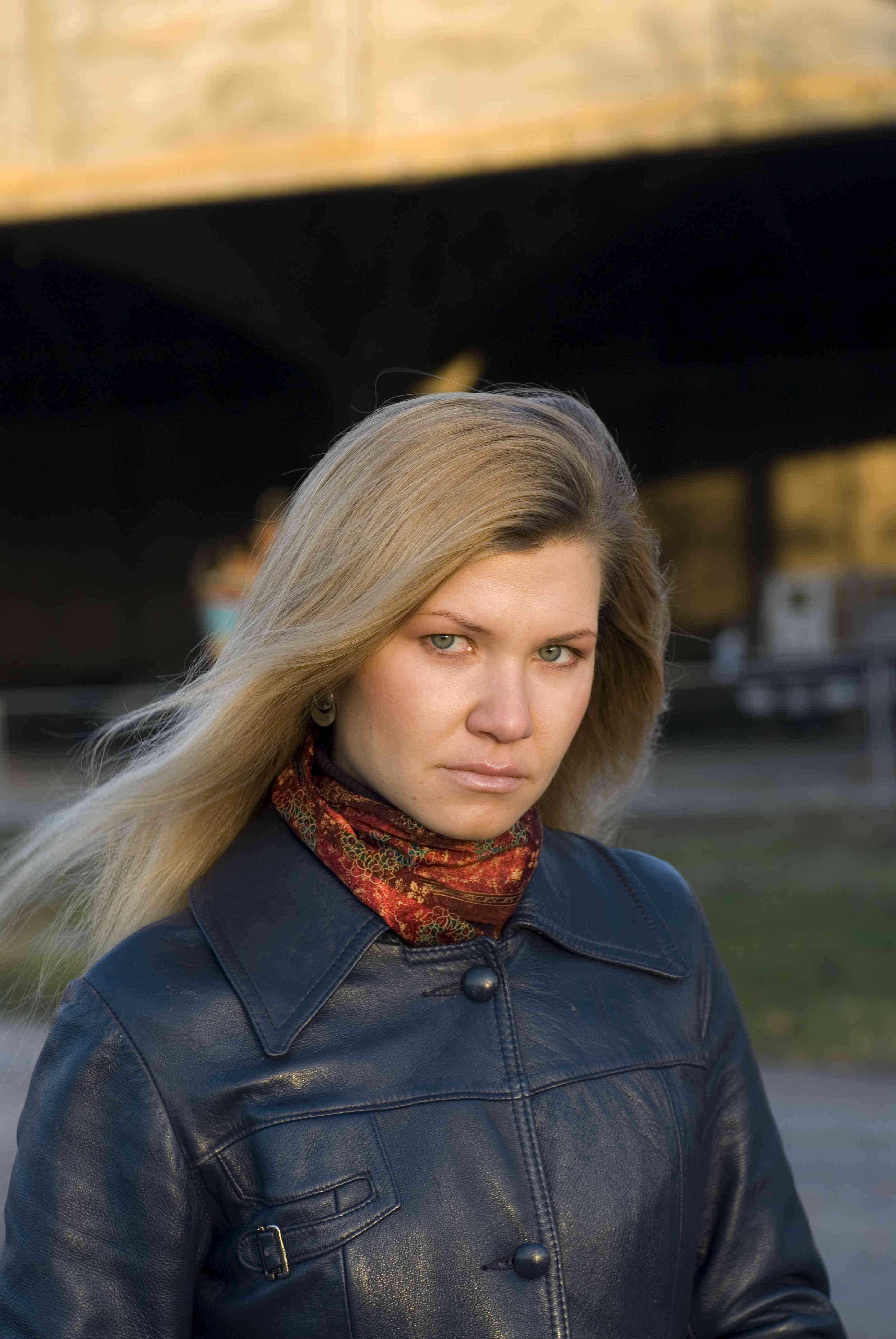
Kadri Kõusaar
Kadri Kõusaar (born 8. IX 1980) is a writer, journalist, and film director.
Kõusaar was born in Pärnu. She studied at Tallinn English College and Spanish language and literature at the University of Tartu. She has also studied at the University of Bologna. She has worked as the literary editor of the culture paper of the newspaper Eesti Ekspress, contributed to several magazines and hosted shows both on radio and television. She was a member of Tallinn city council from 2017-2021 and belongs to the Writers’ Union since 2004.
She represents the post-restoration generation of writers for whom media relations and skillful marketing are important. She has created a clear and developed image as an author, which influences how her works are interpreted. Her debut novel Ego (2001) is inspired from personal experience and stands out with numerous intertextual references and use of foreign languages. The novel can be interpreted as a variation of Lolita by Vladimir Nabokov. The novel was controversial and criticized for being overly contrived and too strongly dominated by the author’s persona. The main characters of the novels Vaba tõus (‘Free Ascent’, 2004) and Alfa (‘Alpha’, 2011) are women as well. When the former novel focuses on the themes of death, then Alfa touches upon dystopian science fiction, where the future world imagery is mixed with Kõusaaresque discussions both on world politics and being a woman.
As a film director, her debut was Magnus (2007), which focuses on family relations. The movie gained international attention but was banned in Estonia by the court due to it being possibly damaging to a real-life person’s interests who inspired a character. The film Ema (‘Mother’, 2016) was recognized for skillfully capturing the atmosphere of a small town and for its many twists and turns.
A. K. (Translated by A. A.)
Books in Estonian
Novels
Ego. Tallinn: Tuum, 2001, 231 lk.
Vaba tõus. Tallinn: Pegasus, 2004, 217 lk.
Alfa. Tallinn: Hea Lugu, 2011, 229 lk.



